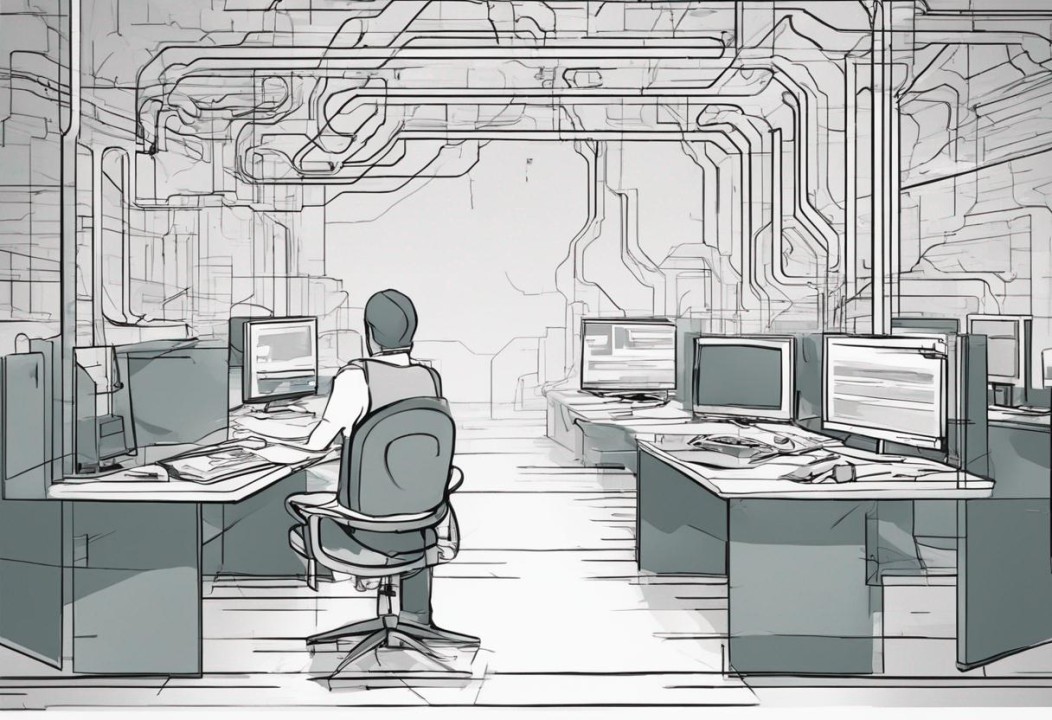What is a DevOps Engineer?
A DevOps engineer is an individual responsible for bridging the gap between development and operations teams. They possess a unique skill set that allows them to automate infrastructure, deploy applications, and monitor system performance in order to achieve continuous integration and delivery.
Roles and Responsibilities
Collaboration
A DevOps engineer works closely with both development and operations teams, fostering effective communication and collaboration to ensure smooth software delivery.
Automation and Integration
They automate the deployment process, ensuring consistency and reducing manual errors. They integrate various tools and systems to streamline workflows and improve efficiency.
Monitoring and Troubleshooting
DevOps engineers monitor system performance, identify and resolve issues, and implement proactive measures to prevent downtime and optimize system performance.
Key Skills and Competencies
Strong Technical Background
A DevOps engineer should have a solid understanding of software development, system administration, and cloud technologies.
Automation and Scripting
Proficiency in automation tools and scripting languages, such as Python and Bash, is essential to automate processes and tasks.
Collaboration and Communication
Excellent interpersonal skills and effective communication are crucial to collaborate with cross-functional teams and drive successful DevOps practices.
Benefits of Having a DevOps Engineer
Accelerated Software Delivery
DevOps engineers streamline processes, enabling faster and more frequent software releases, reducing time to market.
Improved Collaboration
By bridging the gap between teams, a DevOps engineer enhances communication and cooperation, leading to better collaboration across departments.
Enhanced Reliability
Automated testing and deployment processes implemented by DevOps engineers result in more stable and reliable software systems.
Challenges Faced by DevOps Engineers
DevOps engineers face various challenges, including resistance to change, managing complex infrastructures, and balancing speed with stability in the software delivery process. They must adapt to evolving technologies and continuously enhance their skills to overcome these obstacles and drive effective DevOps practices.

Conclusion
A DevOps engineer plays a vital role in bridging the gap between development and operations, driving collaboration, automation, and efficiency. By leveraging their skills and applying DevOps principles, organizations can achieve faster software delivery, improved reliability, and greater competitiveness in the modern software industry.

